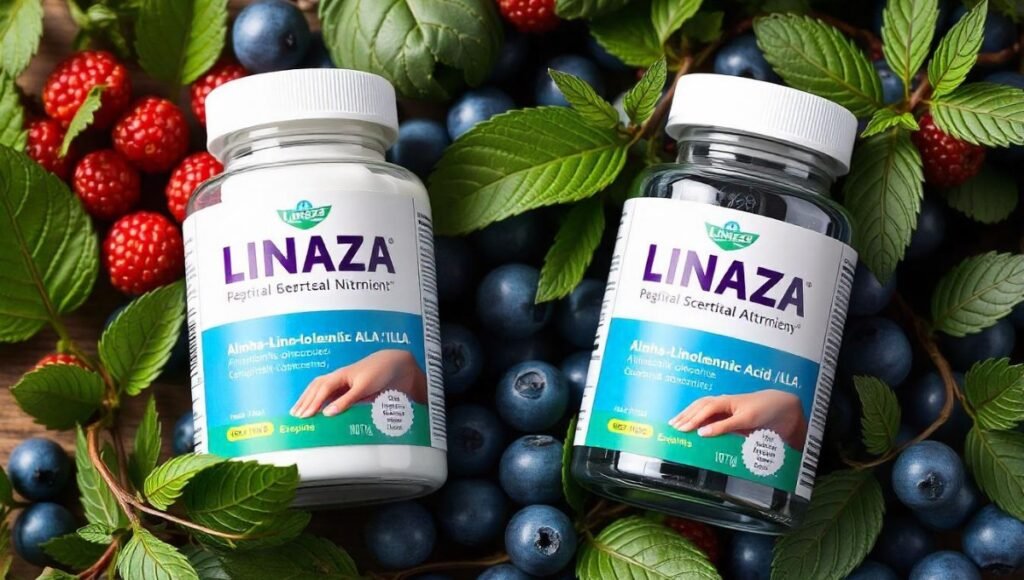Linaza, also known as flaxseed, is a tiny seed packed with a multitude of health benefits. Originating from the flax plant (Linum usitatissimum), linaza has been used for centuries in various cultures for its nutritional and medicinal properties. This article explores the benefits of linaza, its nutritional content, how to incorporate it into your diet, and addresses common questions about this superfood.
Nutritional Benefits of Linaza
Linaza is incredibly nutrient-dense, making it a fantastic addition to any diet. A small serving of flaxseed contains a wealth of essential nutrients, including omega-3 fatty acids, fiber, protein, vitamins, and minerals. Omega-3 fatty acids, particularly alpha-linolenic acid (ALA), are known for their anti-inflammatory properties and support heart health. The high fiber content in linaza aids digestion, promotes gut health, and can help in weight management by providing a sense of fullness. Additionally, flaxseeds are rich in lignans, which possess antioxidant properties and may help reduce the risk of certain cancers. Including linaza in your diet can significantly enhance your overall nutritional intake.
Health Benefits of Consuming Linaza
The consumption of linaza is associated with various health benefits. Studies have shown that regular intake of flaxseed can help lower cholesterol levels, which is crucial for maintaining heart health. Furthermore, the high fiber content helps regulate blood sugar levels, making it beneficial for individuals with diabetes. The lignans in flaxseed may also contribute to hormonal balance, particularly in women, and could help alleviate symptoms associated with menopause. Moreover, linaza has been linked to improved digestive health, reducing constipation, and promoting regular bowel movements. By incorporating linaza into your daily routine, you can tap into its numerous health advantages.
How to Incorporate Linaza into Your Diet
Integrating linaza into your diet is simple and versatile. You can enjoy flaxseed in various forms, such as whole seeds, ground flaxseed, or flaxseed oil. Ground flaxseed is easier for your body to digest and absorb nutrients, making it the preferred option. Add it to smoothies, yogurt, oatmeal, or baked goods for an extra nutritional boost. It can also be used as a healthy egg substitute in vegan recipes—mix one tablespoon of ground flaxseed with three tablespoons of water and let it sit until it thickens. This makes linaza a valuable ingredient in cooking and baking. Additionally, you can sprinkle flaxseed on salads or incorporate it into homemade energy bars for a nutritious snack.
Potential Side Effects and Precautions
While linaza is generally safe for most people, some individuals may experience mild side effects. Consuming excessive amounts of flaxseed can lead to gastrointestinal issues, such as bloating or diarrhea, due to its high fiber content. It is essential to start with a small amount and gradually increase your intake to allow your digestive system to adjust. Additionally, people with certain medical conditions or those taking specific medications should consult with a healthcare professional before adding linaza to their diet, as it may interact with certain drugs or conditions. Overall, moderation is key to enjoying the benefits of linaza while minimizing potential side effects.
Conclusion
Linaza is a powerhouse of nutrition that can offer numerous health benefits when incorporated into your diet. From heart health support to digestive benefits, this tiny seed deserves a place in your pantry. Whether you sprinkle it on your morning smoothie or use it as a baking ingredient, linaza is a versatile and valuable addition to your meals. Remember to start with a small amount and listen to your body to reap the benefits while avoiding potential side effects.
FAQs About Linaza
1. What is linaza, and what are its primary uses?
Linaza, or flaxseed, is a nutrient-rich seed used primarily for its health benefits, including heart health support, digestive health, and as a source of omega-3 fatty acids.
2. Can I consume whole flaxseeds?
While whole flaxseeds can be consumed, ground flaxseeds are recommended as they are easier for the body to digest and absorb nutrients.
3. How should I store linaza?
Store linaza in an airtight container in a cool, dark place or in the refrigerator to maintain freshness and prevent oxidation.
4. How much linaza should I consume daily?
A typical daily intake is about 1 to 2 tablespoons of ground flaxseed. However, it’s essential to adjust based on your dietary needs and consult with a healthcare professional if necessary.


